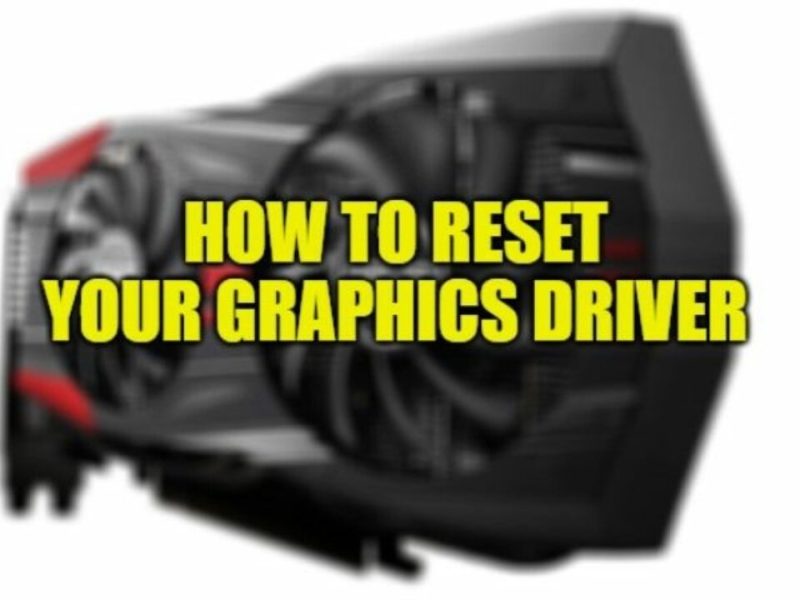Computer hard drive noise can be disconcerting to many users, but it is not necessarily a sign of decreased or faulty hard drive integrity. Many units hum or click softly during normal operation. Other types of hard drive noise can indicate mechanical problems with the drive. Even when the drive appears to be in good shape, it’s always a good idea to back up your data regularly. If you think your hard drive is damaged, it is generally recommended to contact a computer repair center or professional data recovery service.
HDD.
A modern hard drive is a complex device with small moving parts. Data is stored on a rapidly spinning round disk called a platter. A platter spins thousands of times every minute, causing the unit to vibrate. This vibration can cause a buzzing or buzzing sound. This type of hard drive noise is common and is not a symptom of a failing drive.
Hard drive with the case removed to show the platters and read/write head.
As the platter rotates, a read/write head at the end of an actuator arm retrieves and stores data. A slight click or tick can sometimes be heard as the actuator moves the head into position. While clicking can be a bad sign, it is normal to hear it while the hard drive is accessing or recording large amounts of data.
If the click is suddenly louder, intermittent, or different from the sounds the drive used to make, the hard drive may be failing. Other noises, such as squeaks, rattles, beeps, or scratches, are often caused by mechanical issues with the hard drive. The drive head may be binding or hitting the turntable, the actuator arm may be failing, or other components may be damaged.
Software tools cannot always detect mechanical problems with the hard drive and instead may show that the drive is working properly. Any unit making abnormal noise should be treated as if it is about to fail. In general, there is seldom a cost-effective way to repair a physically damaged hard drive.
Hard drive noise by itself is not necessarily a reliable indicator of when a hard drive will fail. Some units will be unusable almost immediately after the noise begins, while others can function for years. However, a computer with any type of abnormal hard drive noise should always be approached as if it is about to fail. The data should be backed up immediately if it has not already been done. Also, consider replacing the drive as soon as possible.
If a computer won’t boot after abnormal hard drive noise, a professional data recovery service can recover the contents of the drive. Some users have also gone to extreme last minute efforts such as freezing, crashing or dropping the drive. These methods can further damage the drive, so important data recovery should be left to professionals.
Solid-state hard drives, which have no moving parts, start up and run faster than traditional computer hard drives.


